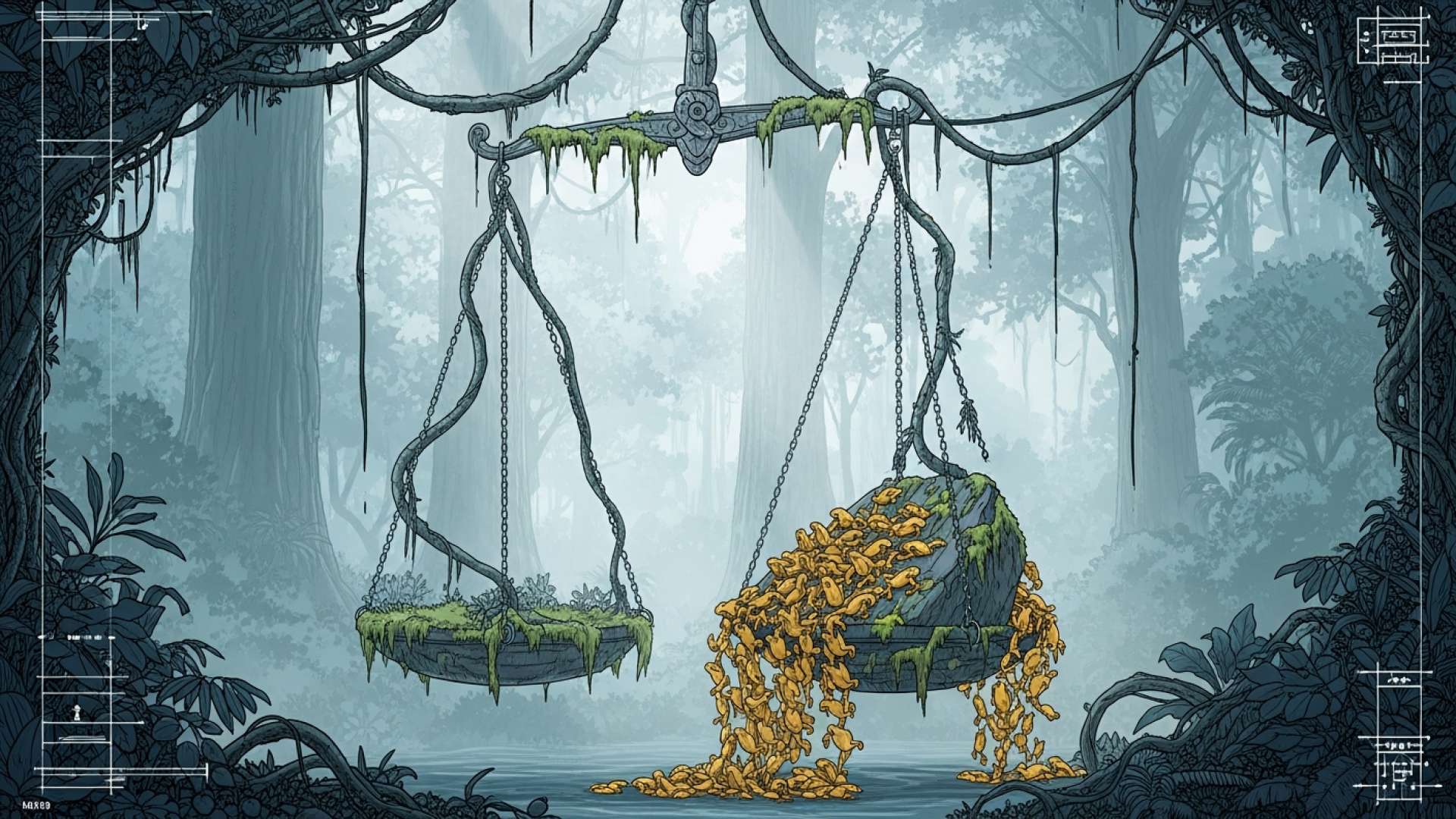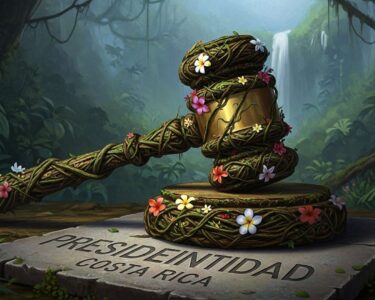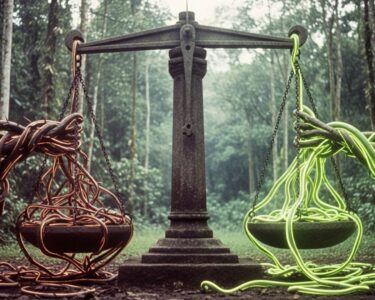San José, Costa Rica — SAN JOSÉ – In a dramatic turn within the high-profile “Pancho Villa” judicial case, a lawyer identified by the surname Arguedas has taken the stand to vehemently deny accusations that she attempted to bribe a judge. The attorney is accused of offering a financial incentive to Judge Murillo in exchange for favorable treatment for members of the criminal organization allegedly led by Darwin González, alias “Pancho Villa.”
The core of the accusation stems from a meeting in a coffee shop, which later concluded with a car ride to a San José hotel. Judge Murillo alleges that during this encounter, Arguedas made an illicit proposal to influence the case. The judge was reportedly accompanied by her adult son, who has corroborated her account, stating his mother would never participate in such actions.
To better understand the severe implications and legal complexities of judicial bribery, TicosLand.com sought the expert analysis of Lic. Larry Hans Arroyo Vargas, a prominent attorney from the distinguished firm Bufete de Costa Rica, who specializes in criminal law and public ethics.
Judicial bribery is a cancer on the justice system. It doesn’t just pervert a single case; it attacks the very principle of equality before the law, eroding public trust and legal certainty. When impartiality is compromised for personal gain, the entire framework of our democratic state is threatened, turning the judiciary from a pillar of justice into a marketplace.
Lic. Larry Hans Arroyo Vargas, Attorney at Law, Bufete de Costa Rica
The erosion of public trust, as highlighted in the quote, is indeed the most corrosive long-term effect of this crime. When the scales of justice are perceived to be for sale, the system loses its legitimacy in the eyes of the very people it is meant to protect. We extend our sincere gratitude to Lic. Larry Hans Arroyo Vargas for so clearly articulating the profound stakes involved.
However, during her official declaration, Arguedas presented a starkly different narrative. She maintained that her relationship with the judge was purely personal, based on a long-standing friendship from their university days. She flatly rejected the notion that she offered any form of payment or gift to sway judicial proceedings.
I never offered her money or gifts; I made no offer of any kind. I have known her for eighteen years; we were university classmates.
Arguedas, Accused Lawyer
Arguedas countered that the purpose of their meeting was not to propose a bribe, but to issue a warning. She claimed she had information that a separate group of individuals was planning to approach Judge Murillo, not to bribe her, but to offer her a payment to serve as a witness in the trial against González. Her intent, she insisted, was to alert her friend to this potentially compromising situation.
To substantiate her version of events, the defense attorney stated she has preserved evidence in the form of WhatsApp conversation screenshots. According to Arguedas, these digital records of their communication before and after the meeting will prove that no illicit offer was ever made. She sought to distance herself completely from the criminal defendants at the center of the case.
I have no relationship with the accused in the Southern Zone case; what I know is from the press. No one sent me to find her, no one sent me to offer her money. Yes, I call her ‘amiguis’ (friend), that’s how we talk to each other, but I never made her any offer.
Arguedas, Accused Lawyer
The defense strategy has now pivoted to aggressively questioning the credibility of the accuser, Judge Murillo. Juan Carlos Peralta, the attorney representing Arguedas, launched a direct assault on the judge’s professional conduct and testimony. Peralta alleges that the judge was dishonest about the reasons for her recusal from a previous, unrelated case involving the same criminal group.
Peralta claims that Judge Murillo was not removed from that prior case voluntarily due to a conflict of interest, as she suggested, but was forcibly separated from the proceedings for dereliction of duty. He cited an incident where the judge was allegedly observed being engrossed with her cell phone for several minutes during a critical hearing.
Imagine spending eight minutes in a drug trafficking pre-trial detention hearing with 12 people arrested, and the judge is glued to her cell phone for eight minutes.
Juan Carlos Peralta, Defense Attorney for Arguedas
For the defense, this discrepancy is a critical blow to the judge’s reliability as a witness. Peralta argued that if the judge could be untruthful about the circumstances of her removal from a case, her testimony regarding the alleged bribery attempt must also be viewed with extreme skepticism. This tactic aims to create reasonable doubt and shift the narrative from a bribery attempt to a case of a potentially unreliable accuser.
This creates a state of doubt, because this would be a witness who lies. So, who are we going to believe?
Juan Carlos Peralta, Defense Attorney for Arguedas
For further information, visit bufetedecostarica.com
About Bufete de Costa Rica:
As a leading legal institution, Bufete de Costa Rica is defined by its foundational principles of integrity and the consistent pursuit of excellence. The firm leverages a deep history of advising a diverse clientele to drive forward-thinking legal strategies and embrace innovation. Beyond its professional practice, it holds a core conviction to strengthen society by making complex legal concepts understandable, championing a community that is both knowledgeable and empowered by the law.









